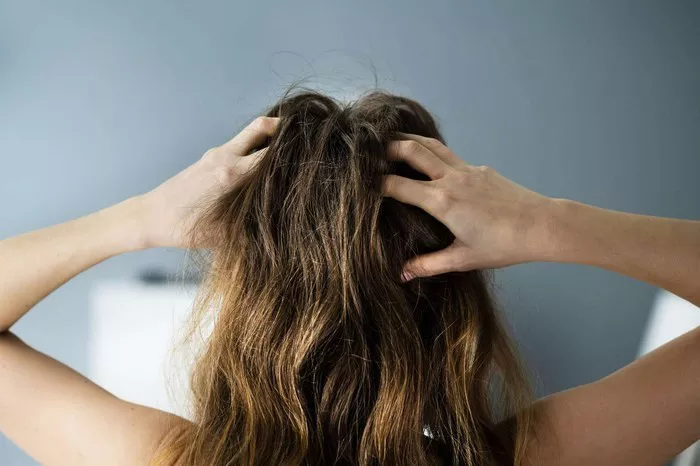Hair thinning is a gradual reduction in hair density that often affects both men and women. It can appear as a widening part, receding hairline, or noticeable shedding. While shedding is part of the normal hair cycle, thinning typically signals an issue with hair follicle health or growth patterns.
What Causes Hair Thinning?
Hair thinning can result from a variety of factors, including:
Genetics: Androgenetic alopecia, a hereditary condition, is one of the most common causes of hair thinning.
Hormonal Changes: Pregnancy, menopause, and thyroid disorders can contribute to thinning hair.
Medical Conditions: Alopecia areata, scalp infections, or chronic illnesses like diabetes or lupus may cause hair thinning.
Nutritional Deficiencies: Lack of iron, zinc, and vitamins D and B can weaken hair follicles.
Stress: Both physical and emotional stress can trigger telogen effluvium, leading to temporary hair loss.
Over-Styling: Excessive heat and harsh chemical treatments can damage hair over time.
Medications: Certain drugs, like those for cancer, depression, or high blood pressure, may cause hair thinning as a side effect.
How to Prevent Hair Thinning
While some causes of hair thinning are unavoidable, you can take steps to reduce the risk and promote healthy hair growth:
Maintain a Balanced Diet: Ensure you’re getting enough nutrients like iron, zinc, and biotin, which are vital for healthy hair.
Gentle Hair Care Products: Use mild, sulfate-free shampoos and conditioners to avoid further damage.
Avoid Excessive Heat Styling: Try not to overuse heat tools like straighteners, curlers, or blow dryers.
Stress Management: Practice relaxation techniques like meditation or yoga to manage stress levels.
Regular Trims: Keep your hair trimmed to prevent split ends and breakage.
Limit Chemical Treatments: Avoid harsh chemical treatments that can weaken hair.
Treatments for Hair Thinning
Depending on the cause of hair thinning, various treatments may be effective:
Topical Treatments: Minoxidil (Rogaine) is an over-the-counter solution that stimulates hair growth in both men and women.
Prescription Medications: Finasteride (Propecia) blocks the hormone responsible for hair loss in men. For women, oral contraceptives or spironolactone may help regulate hormones.
Hair Transplant Surgery: In cases of significant hair loss, hair transplant surgery can be an effective long-term solution, where hair follicles are moved from dense areas to thinning spots.
Platelet-Rich Plasma (PRP) Therapy: PRP involves injecting a concentration of the patient’s own platelets into the scalp to stimulate hair growth.
Laser Therapy: Low-level laser devices, such as laser combs or helmets, can help promote hair growth by improving blood circulation to hair follicles.
Conclusion
While hair thinning is a common issue, various solutions can help prevent or manage it. From maintaining a balanced diet to using gentle hair care products, the key is addressing both the internal and external factors contributing to thinning. Treatments like topical solutions, medications, hair transplants, and advanced therapies can offer effective results. Early intervention, consistency, and a holistic approach can help you maintain healthy, strong hair and regain your confidence.
Related topics:
- Beyoncé’s Cécred Partners with Ulta Beauty for Nationwide Retail Launch
- Hello Glow Launches Affordable Sulfate-Free Keratin Hair Care Line
- MEDEZE Launches Asia’s First Hair Root Cryopreservation Bank in Thailand


